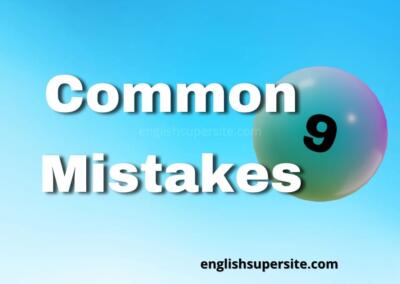
Confusing Words
Confusing Words: Clarify Commonly Misused Terms
Confusing words are terms that often look or sound similar but have different meanings. Examples include “affect” vs. “effect”, “there” vs. “their,” and “complement” vs. “compliment.” These words can create confusion in writing and speaking. Learning the differences between them helps you avoid mistakes and communicate more clearly.
Mastering confusing words makes your English more precise and professional, whether in writing or conversation.

Common Mistakes in English 9. Here you will find common mistakes that the average English student commonly makes. ...
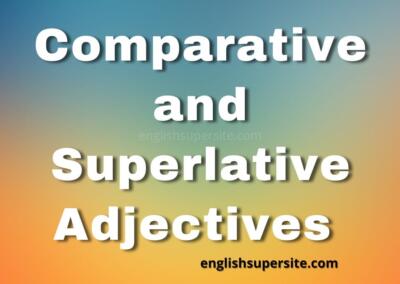
What are Comparative and Superlative Adjectives and how to use them? Review the rules and how to form these ...
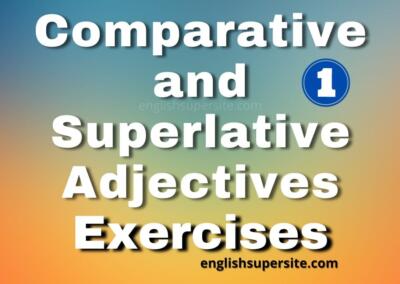
Comparative and Superlative Adjectives - Exercises 1 - Practice exercises with Comparative and Superlative ...
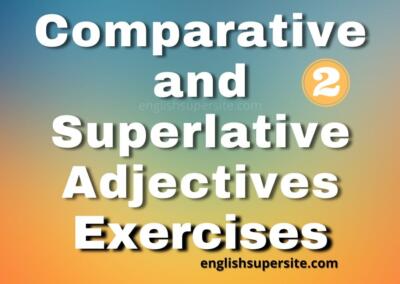
Comparative and Superlative Adjectives - Exercises 2 - Practice exercises with Comparative and Superlative ...
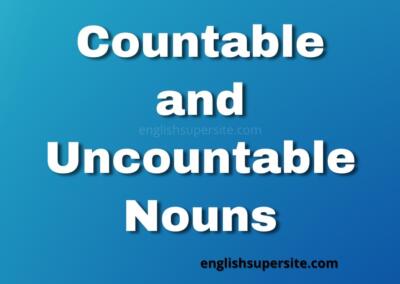
Nouns can be countable and uncountable. Learn here, the difference between countable and uncountable nouns! Learn ...
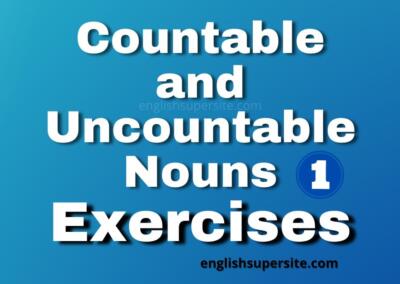
Countable and Uncountable Nouns - Exercises 1 - Practice exercises with countable and uncountable nouns. Countable ...
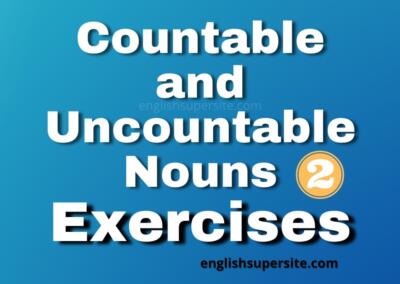
Countable and Uncountable Nouns - Exercises 2 - Practice exercises with countable and uncountable nouns. Countable ...

Learn when to use Do or Make. Understand the differences between DO and MAKE. Study and practice exercises using ...

Do vs Make - Exercises 2 - Quiz - Learn when to use Do or Make. Understand the differences and when to use Do and Make.

Do vs Make - Exercises 3 - Quiz - Learn when to use Do or Make. Understand the differences and when to use Do and Make.

EITHER vs NEITHER - Either or Neither! When and how to use Either and Neither! Study and learn the differences ...

Check your English proficiency with this Quick English Spelling Test 4. Check your progress in REAL TIME. Finish ...

Check your English proficiency with this quick English Spelling Test 5. Check your progress in REAL TIME. Finish ...

Check your English proficiency with this quick English Spelling Test 6. Check your progress in REAL TIME. Finish ...

Check your English proficiency with this Fast English Test 4. Check your progress in REAL TIME. English Quiz 4.

Check your English proficiency with this quick English Test 5. Check your progress in REAL TIME. English Quiz 5.

Check your English proficiency with this quick English Test 6. Check your progress in REAL TIME. English Quiz 6.

When to use Fill up or Fill in or Fill out. Here you will understand the difference between them and how to use ...

Fill up or Fill in or Fill out - Exercises 1 - Practice exercises in English. Fill up or Fill in or Fill out - Quiz 1.

Fill up or Fill in or Fill out - Exercises 2 - Practice exercises in English. Fill up or Fill in or Fill out - Quiz 2.

Fill up or Fill in or Fill out - Exercises 3 - Practice exercises in English. Fill up or Fill in or Fill out - Quiz 3.

A huge list of Homonyms starting with the letters C and D. Study the difference between Cache and Cash or Caller ...

Idioms are phrases or expressions with a figurative meaning rather than a literal meaning. Examples include "it's ...

If vs WhetherThe use of If vs Whether.If or Whether? They are both both conjunctions and used in ...
Related Posts
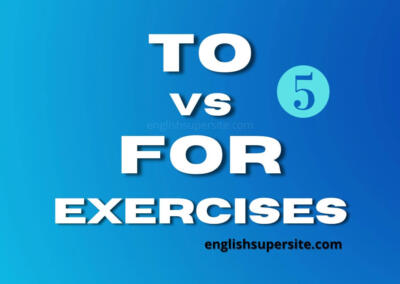
EXERCISES 5 - TO vs FOR Practice the following exercises with TO and FOR: Complete the sentences with TO or FOR. ...

Past Perfect - Exercises 3 - Practice exercises with Past Perfect. Improve your English skills with exercises and ...
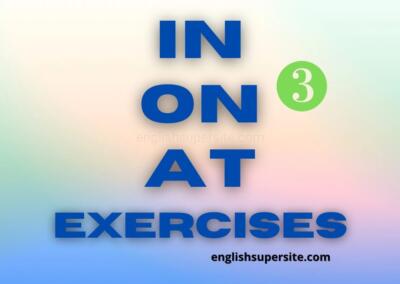
IN - ON - AT - Exercises 3 - Quiz - Practice using the prepositions IN, ON and AT. Complete the sentences below ...


